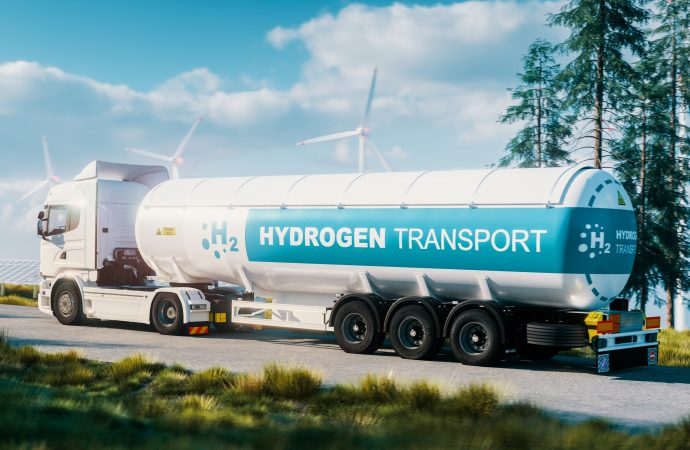Introduction: The hydrogen economy holds immense potential as a clean and sustainable energy solution. However, several challenges hinder its widespread adoption. In this article, we delve into the initiatives aimed at closing the gap in the hydrogen economy. We highlight the significance of hydrogen as a clean energy source, discuss the obstacles faced, and examine
Introduction:
The hydrogen economy holds immense potential as a clean and sustainable energy solution. However, several challenges hinder its widespread adoption. In this article, we delve into the initiatives aimed at closing the gap in the hydrogen economy. We highlight the significance of hydrogen as a clean energy source, discuss the obstacles faced, and examine the efforts being made by governments, industries, and research institutions to accelerate the transition towards a hydrogen-based economy.
Importance of Hydrogen as a Clean Energy Source:
Hydrogen is a versatile energy carrier that can be produced from various renewable sources, such as wind, solar, and biomass. When used in fuel cells or combustion engines, hydrogen produces only water vapor as a byproduct, making it a clean and environmentally friendly alternative to fossil fuels. Its potential applications range from transportation and power generation to industrial processes and energy storage, making it a key component of a sustainable energy future.
Challenges in the Hydrogen Economy:
Despite its potential, the hydrogen economy faces several challenges. One major obstacle is the high cost of hydrogen production, primarily due to the energy-intensive processes involved. Additionally, the lack of a comprehensive infrastructure for hydrogen storage, transportation, and distribution limits its widespread use. Furthermore, public awareness and acceptance of hydrogen as a viable energy source need to be increased to drive demand and investment.

Image by: https://news. MIT. edu
Initiatives Driving the Transition:
To close the gap in the hydrogen economy, various initiatives are being undertaken worldwide. Governments are implementing supportive policies, such as financial incentives, research funding, and regulatory frameworks, to encourage the development and deployment of hydrogen technologies. Industry players are investing in research and development, scaling up production, and collaborating on pilot projects to demonstrate the viability and benefits of hydrogen-based solutions. Research institutions are also actively engaged in advancing hydrogen technologies, exploring innovative production methods, improving storage and transportation systems, and enhancing fuel cell efficiency. International collaborations and partnerships are fostering knowledge sharing and accelerating progress in the hydrogen sector.
Conclusion:
Closing the gap in the hydrogen economy requires a collective effort from governments, industries, and research institutions. The importance of hydrogen as a clean energy source cannot be overstated, and initiatives aimed at overcoming the challenges are gaining momentum. By investing in research, developing supportive policies, and fostering collaborations, stakeholders are driving the transition towards a hydrogen-based economy. As these efforts continue, the hydrogen economy gap will gradually narrow, paving the way for a sustainable and low-carbon future.

















Leave a Comment
Your email address will not be published. Required fields are marked with *